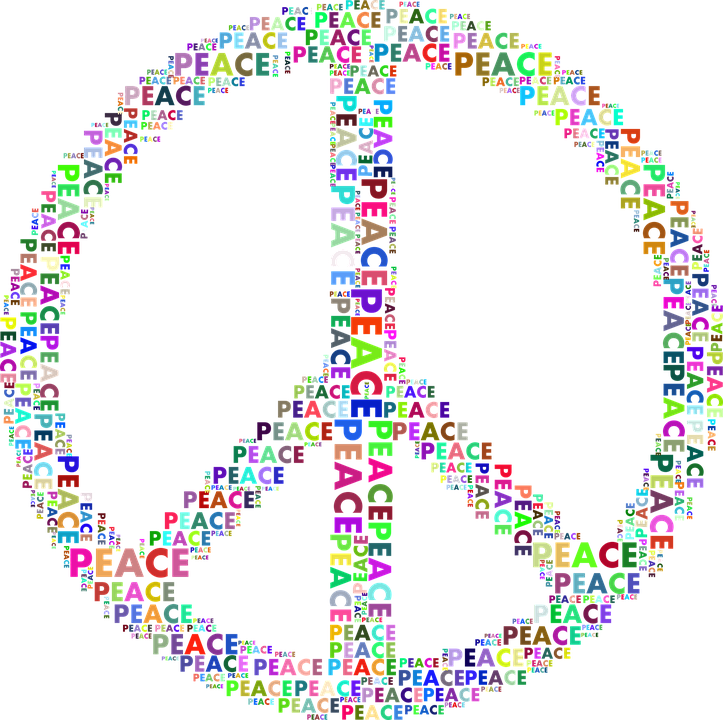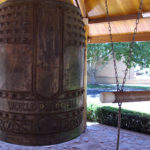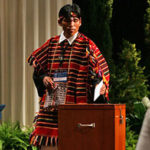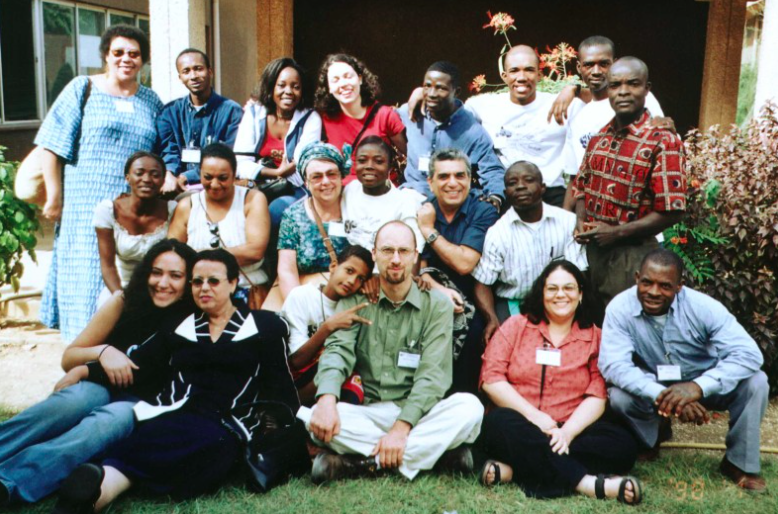
Plan B – The Lesser Peace

* * *
As noted previously, Bahá’u’lláh wrote to kings and rulers. He did not expect them to accept his proclamation of messianic fulfilment. Indeed he knew they would not. In his message to Queen Victoria he sets out an alternative for the world’s rulers: an alternative he refers to as the Lesser Peace.
Now that ye have refused the Most Great Peace, hold ye fast unto this, the Lesser Peace, that haply ye may in some degree better your own condition and that of your dependents.
O rulers of the earth! Be reconciled among yourselves, that ye may need no more armaments save in a measure to safeguard your territories and dominions. Beware lest ye disregard the counsel of the All-Knowing, the Faithful.
Be united, O kings of the earth, for thereby will the tempest of discord be stilled amongst you, and your peoples find rest, if ye be of them that comprehend. Should any one among you take up arms against another, rise ye all against him, for this is naught but manifest justice. Thus did We exhort you in the Tablet sent down aforetime, and We admonish you once again to follow that which hath been revealed by Him Who is the Almighty, the All-Wise.[1]
It is the principle of collective security. At the end of World War 1 there was a very partial attempt at implementing the principle in the League of Nations. However the League of Nations was largely unable to act.
At the end of World War 2, world leaders realised that a better system of collective security was needed. This resulted in the United Nations with its Security Council – the goal of which was to maintain international peace through a system of collective security. Yet, due to political disunity between nations, the Security Council has only very rarely been able to act effectively. Almost from the beginning national rivalries paralysed it as an effective organ of collective security. To this day “united” action is extremely challenging among nations. In observing these limitations – the “lesser” outcomes – it ought to be obvious that without international organs such as the United Nations – the situation of the world would have been much worse than it is. Further there can be no question that the evolution already seen, are in themselves remarkable achievements that will ultimately give birth to a true global commonwealth.
Shoghi Effendi referring to this principle in Bahá’u’lláh’s writings states:
What else could these weighty words signify if they did not point to the inevitable curtailment of unfettered national sovereignty as an indispensable preliminary to the formation of the future Commonwealth of all the nations of the world? Some form of a world super-state must needs be evolved, in whose favor all the nations of the world will have willingly ceded every claim to make war, certain rights to impose taxation and all rights to maintain armaments, except for purposes of maintaining internal order within their respective dominions.[2]
We may abstract a more general insight from this particular instance. Bahá’u’lláh brings a body of thought of undeniable genius. As Abdu’l Baha commented:
Even those who were steeped in the deepest hatred and denial would, upon meeting Bahá’u’lláh, testify to His greatness, saying, “This is indeed a distinguished man, but how regrettable that he makes such a claim! For whatever else he might say would be acceptable.”[3]
Bahá’u’lláh freely offers his thought to humanity. Drawing benefit from it does not require an act of faith. All it requires is an open mind and an effort to “translate what hath been written into reality an action”. Indeed countless human beings in the past, and now, have worked for such ideals.






